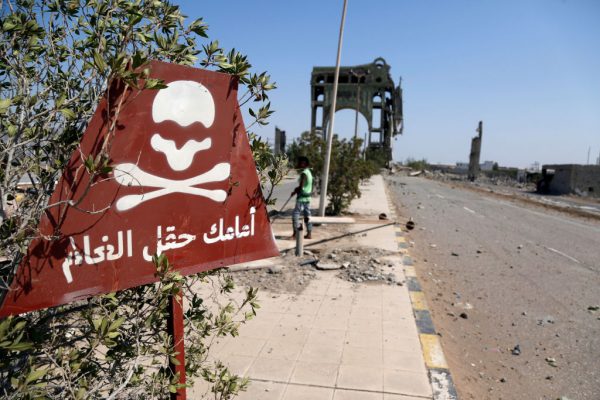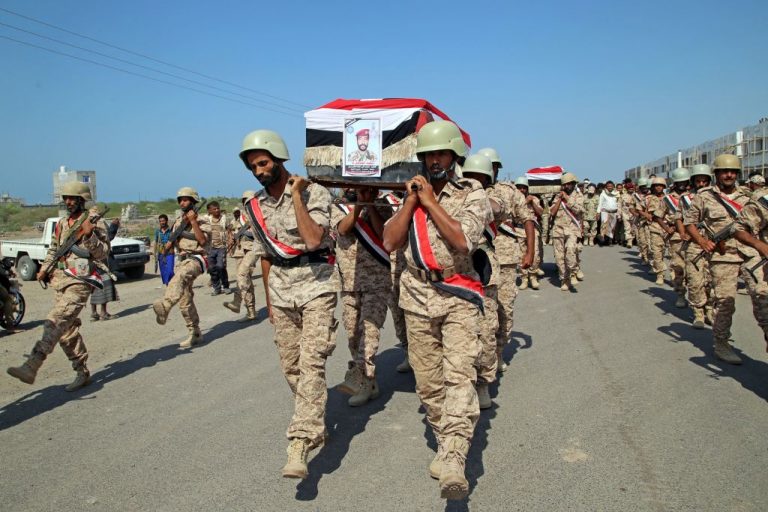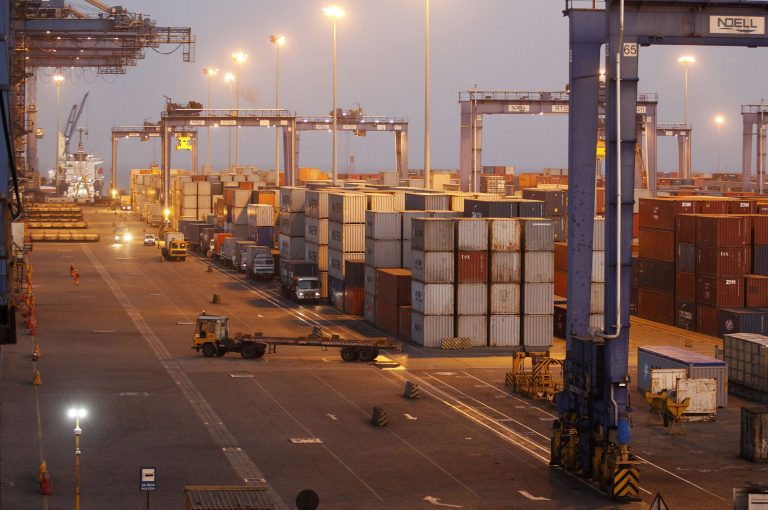A United Nations report states that by 2022, 337,000 people will have died during the Yemen war mainly due to indirect causes.
The report, issued by the United Nations Development Programme (UNDP) on Nov. 23 indicates that the total number of deaths due to the war will increase from approximately 233,000 deaths in 2019; forecasting an additional 104,000 deaths this year.
“In the case of Yemen, we believe that the number of people who have actually died as a consequence of conflict exceeds the numbers who died in battlefield,” UNDP Administrator Achim Steiner said.
Yemen war impacts mostly children
Almost 60 percent of the deaths have been caused by secondary circumstances, like lack of food, water, and health care, the report says, and is most notably impacting “young children who are especially vulnerable to under- and malnutrition,” it said.
“A growing proportion of those deaths will occur… due to second-order impacts that the crisis is waging on livelihoods, food prices and the deterioration of basic services such as health and education,” it said, The Epoch Times reported.
Success
You are now signed up for our newsletter
Success
Check your email to complete sign up
“In 2021, a Yemeni child under the age of five dies every nine minutes because of the conflict,” the report stated.
International conflict
The 30.7 million inhabitants of this state on the Arab peninsula have been steeped in an all-consuming conflict since 2015 between Saudi-backed government fighters and the Iran-backed Houthis who control the most densely-populated western part of the country, including the capital, Sanaa.
The Saudis in turn have sealed in the Houthi territories in order to strip the rebels — and the citizens — of their means of survival.
The conflict has had “catastrophic effects on the nation’s development”, said the report.
“If war in Yemen continues through 2030, we estimate that 1.3 million people will die as a result, with more than 70 percent of those deaths being from indirect causes,” it added.
“Compared to a scenario without conflict, 22.2 million more people may potentially be forced into poverty and 9.2 million more people may also experience malnutrition.”
Recent fighting
In recent weeks, fighting has flared up especially near Marib city, which is strategically the last major stronghold in Yemen’s oil-rich north by the internationally-recognized government forces that has the support of a coalition of Arabs.

The UN refugee agency, commented on the report on Nov. 23, saying the agency was “gravely concerned about the safety and security of civilians in Yemen’s Marib governorate, including more than one million people who are estimated to be displaced.”
Look to the future
However, “the study presents a clear picture of what the future could look like with a lasting peace including new, sustainable opportunities for people,” Steiner said.
If only the conflict would stop now, there would be “hope for a brighter future in Yemen” and even the possibility of obtaining middle-income status by 2050, the report said. However, “the situation continues to propel in a downward spiral.”
Along with an end to the fighting, the report suggests an upward trend should be consolidated by private and state economic booster initiatives that implement inclusive and holistic people-centered recovery programs.
Khalida Bouzar, Director of the UNDP Regional Bureau for Arab States said, “The people of Yemen are eager to move forward into a recovery of sustainable and inclusive development,” Al Jazeera reported.
“UNDP stands ready to further strengthen our support to them on this journey to leave no one behind,” it continued. “So that the potential of Yemen and the region can be fully realised – and so that once peace is secured, it can be sustained.”
U.S. involvement
Meanwhile, in the U.S., initiatives have been taken by a coalition of lawmakers led by Sen. Rand Paul (R-Ky.) who moved to bar a $650 million arms sale to Saudi Arabia. They contend that supporting the Saudis in this conflict only leads to an escalation of the humanitarian tragedy.
“A message needs to be sent to Saudi Arabia that we don’t approve of their war with Yemen,” Paul said when he tabled the proposal. “By participating in this sale, we would not only be rewarding reprehensible behavior but also exacerbating a humanitarian crisis in Yemen.”







